Major Travel Activities in Nepal
Nepal, a landlocked country nestled in the heart of the Himalayas, is renowned for its stunning landscapes, rich culture, and warm hospitality. With e...

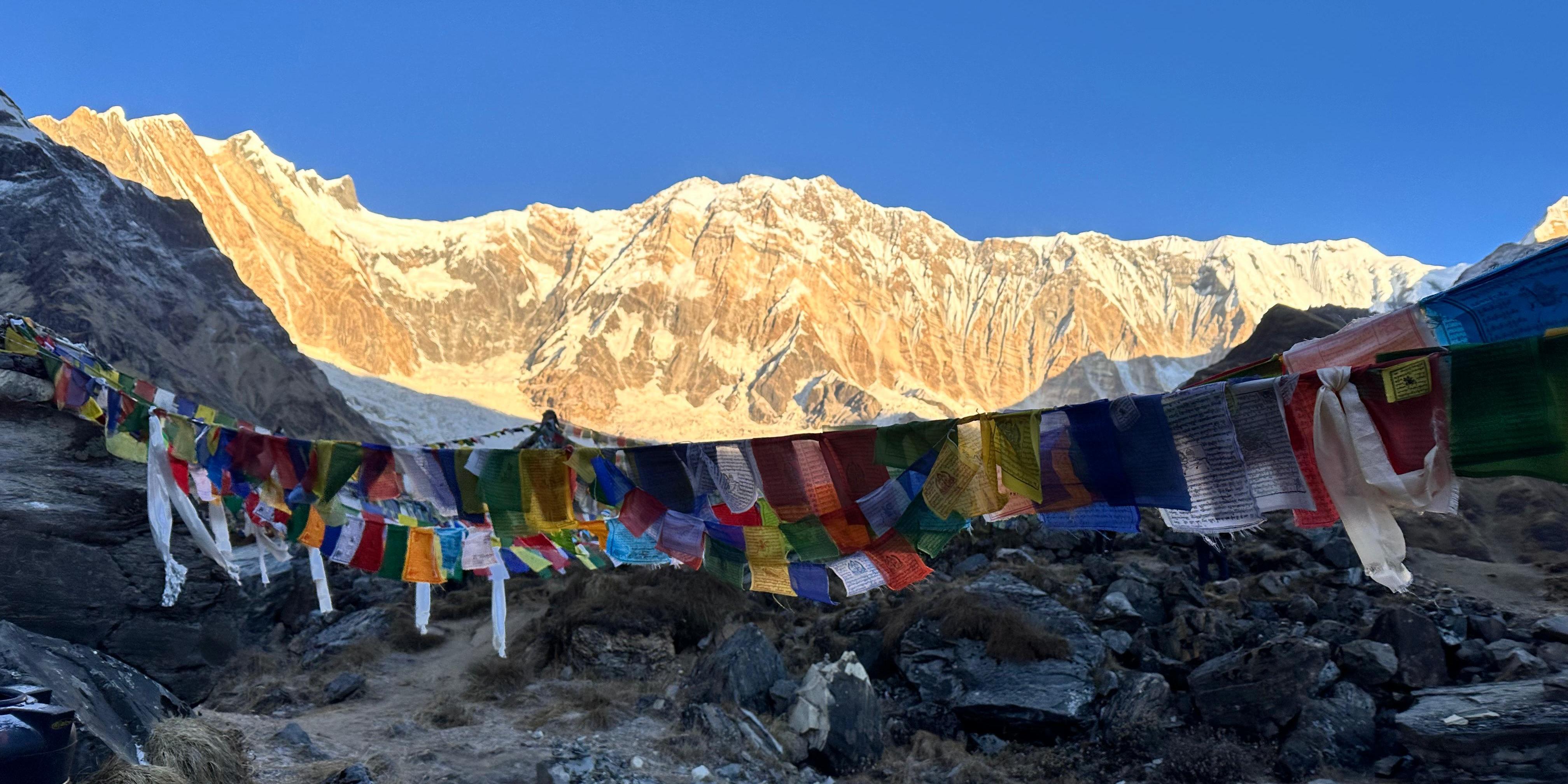
In the world of
adventure and exploration, Annapurna
Base Camp Trekking stands out as one of the most rewarding and
sought-after journeys. This iconic trek in Nepal isn’t just a walk through the
mountains—it’s a powerful blend of breathtaking Himalayan scenery, deep-rooted
cultural heritage, and an experience that touches your soul. Known for its
accessibility, diversity, and the spectacular amphitheater of snow-clad peaks
at its finale, it’s no surprise that trekkers from every corner of the world
are drawn to it.
Let’s dive into the
compelling reasons that make Annapurna
Base Camp Trekking a must-do and most-loved trekking
destination in the world.
At the heart of this
trek lies the grandeur of Mount
Annapurna I (8,091 meters)—the 10th highest mountain in the
world. As you stand at Annapurna Base Camp, you are completely encircled by
towering peaks, creating an unmatched panoramic view that few places on earth
can offer. From the dramatic spire of Machhapuchchhre
(Fishtail) to Annapurna
South, Hiunchuli,
Gangapurna,
and Tent Peak,
the sight is humbling and deeply spiritual.
The experience of standing
within this natural amphitheater, surrounded on all sides by giants of ice and
rock, is the crowning jewel of Annapurna
Base Camp Trekking. It’s more than just a visual treat—it’s a
once-in-a-lifetime moment of connection with the raw power and beauty of the
Himalayas.
One of the biggest
draws of Annapurna Base
Camp Trekking is the constantly evolving landscape. The trail
begins with lush lowland villages, bamboo forests, and terraced rice fields,
gradually ascending into alpine meadows, glacier moraines, and snowfields.
Every day on the trail brings a new environment—each one more beautiful than
the last.
Despite the
high-altitude setting, the trail is very manageable, offering a moderate
challenge for those with a decent fitness level. Unlike other treks requiring
mountaineering gear or prior experience, this route is non-technical and
well-marked, making it accessible to a wide range of adventurers who seek
challenge without extreme risk.
Trekking to Annapurna
Base Camp is as much a cultural journey as it is a physical one. Along the
trail, you’ll pass through villages inhabited by Gurungs, Magars, and Thakalis—ethnic
communities known for their bravery, hospitality, and strong cultural roots.
You’ll be invited into teahouses where local meals like dal bhat are served
with smiles, and traditional music or rituals might fill the evening air.
You’ll also encounter
prayer flags fluttering in the wind, mani walls etched with Buddhist mantras,
and age-old monasteries that hint at the spiritual depth of the region. The
Annapurna Sanctuary itself is considered sacred, especially by local
communities who revere Machhapuchchhre
as a holy mountain not to be climbed.
What truly sets Annapurna Base Camp Trekking
apart is its universal appeal. Whether you're a solo backpacker, a couple
seeking adventure, a first-time trekker, or even a senior traveler with decent
fitness, this trek fits almost everyone. The trails are well-trodden and offer
plenty of places to rest, eat, and acclimatize, ensuring your safety and
comfort throughout.
There’s no need for
expensive permits, camping gear, or complicated logistics. Everything—from cozy
accommodation and hearty food to knowledgeable guides—is readily available,
making the ABC trek one of the most convenient and welcoming high-altitude
experiences in the world.
The Annapurna
Sanctuary is a treasure trove of biodiversity. Protected as part of the Annapurna Conservation Area (ACA),
this region is home to over 1,200
plant species, 100
mammals, 478
bird species, and countless butterflies and reptiles. While
trekking, you might spot colorful pheasants,
langurs,
Himalayan Thar,
or even the elusive snow
leopard, if you’re incredibly lucky.
In spring, the
forests burst into a riot of color with blooming rhododendrons, Nepal’s
national flower. The interplay of flora and fauna adds a deep sense of harmony
to the trek, reminding trekkers that they’re walking through one of nature’s
most well-preserved wonders.
One of the most
heartwarming aspects of Annapurna
Base Camp Trekking is the experience of staying in traditional mountain lodges, often
referred to as tea
houses. These family-run accommodations offer more than just
shelter—they provide warmth, community, and connection.
After a long day’s
hike, you can rest by a fire, sip ginger lemon tea, share stories with fellow
trekkers, and enjoy homemade meals prepared with love. The sense of camaraderie
and shared journey that develops in these lodges makes the ABC trek feel like a
collective experience rather than a solitary adventure.
These three villages
are gems along the route and are often included as part of extended
itineraries. Ghandruk
is a charming Gurung village, rich in tradition and offering panoramic views of
Annapurna South and Hiunchuli. Ghorepani
is nestled in a forest of rhododendrons and is the gateway to Poon Hill, one of
Nepal’s most famous viewpoints.
An early morning hike
to Poon Hill (3,210
meters) rewards you with a dramatic sunrise over the Dhaulagiri
and Annapurna ranges. This short side trek is perfect for acclimatization and
adds a layer of visual magic to your ABC journey.
After days of
trekking through rugged trails and high altitudes, there’s nothing more
rewarding than soaking in a natural hot spring. Located near the village of Jhinu Danda, these
soothing springs sit beside the Modi River, surrounded by dense forest and
serene atmosphere.
The thermal waters
are believed to have healing properties, especially for sore muscles and
fatigue. For many trekkers, this is the ultimate relaxation point before
wrapping up the trek. It’s a blissful way to celebrate your journey before
heading back to civilization.
The beauty of Annapurna Base Camp Trekking
lies in its flexibility. Adventurous trekkers can easily add side trips to Mardi Himal Base Camp,
Khopra Ridge,
Khayer Lake,
or even connect parts of the Annapurna
Circuit. Each extension offers unique trails, quieter paths,
and different perspectives of the Annapurna range.
These customizations
make the ABC trek a flexible adventure. You can adjust the pace, scenery, and
cultural experiences based on your preferences and timeframe.
Before reaching ABC,
trekkers pass through Machhapuchchhre
Base Camp (3,700 meters)—a dramatic viewpoint directly below
the iconic Fishtail
Mountain. Although not climbed due to its sacred status,
Machhapuchchhre is one of the most visually striking peaks in the region.
Staying overnight
here is a magical experience. The surrounding peaks glow with golden hues at
sunrise and bathe in soft moonlight at night. This base camp acts as a
spiritual and scenic prelude to Annapurna Base Camp itself.
No discussion of Annapurna Base Camp Trekking
is complete without mentioning Pokhara,
the beautiful lakeside city that serves as the main starting and ending point
for the trek. Set against the backdrop of the Annapurna and Machhapuchchhre
peaks, Pokhara is a peaceful haven with its tranquil Phewa Lake, vibrant
cafes, yoga retreats, and adventure sports.
The city provides
excellent pre-trek preparation and post-trek relaxation. Whether you're
paragliding over the lake, enjoying a massage, or simply sipping coffee by the
water, Pokhara’s charm adds a gentle and memorable contrast to your Himalayan
adventure.
Annapurna Base Camp
Trekking
continues to be the top choice for trekkers not only because of the grand
Himalayan views, but because it touches every aspect of what makes travel
meaningful: nature, culture, personal challenge, and human connection. It is an
adventure that balances thrill and tranquility, difficulty and comfort,
exploration ands reflection.
From the sacred peaks
and cozy villages to the rich forests and welcoming locals, every step of this
trek tells a story—and you become a part of it. If there’s one trek in the
world you must not miss, it’s this one.
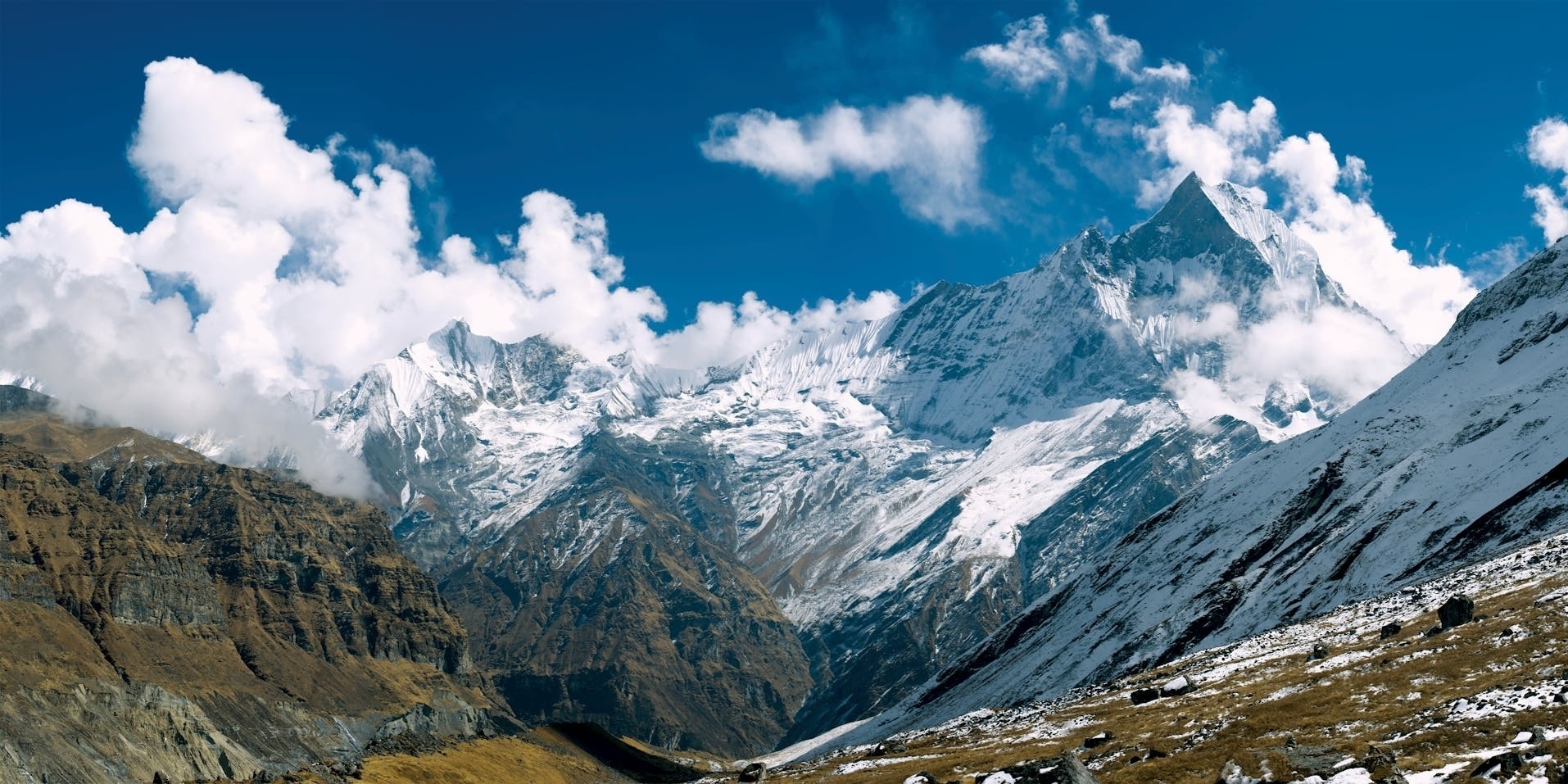
Nepal, a landlocked country nestled in the heart of the Himalayas, is renowned for its stunning landscapes, rich culture, and warm hospitality. With e...
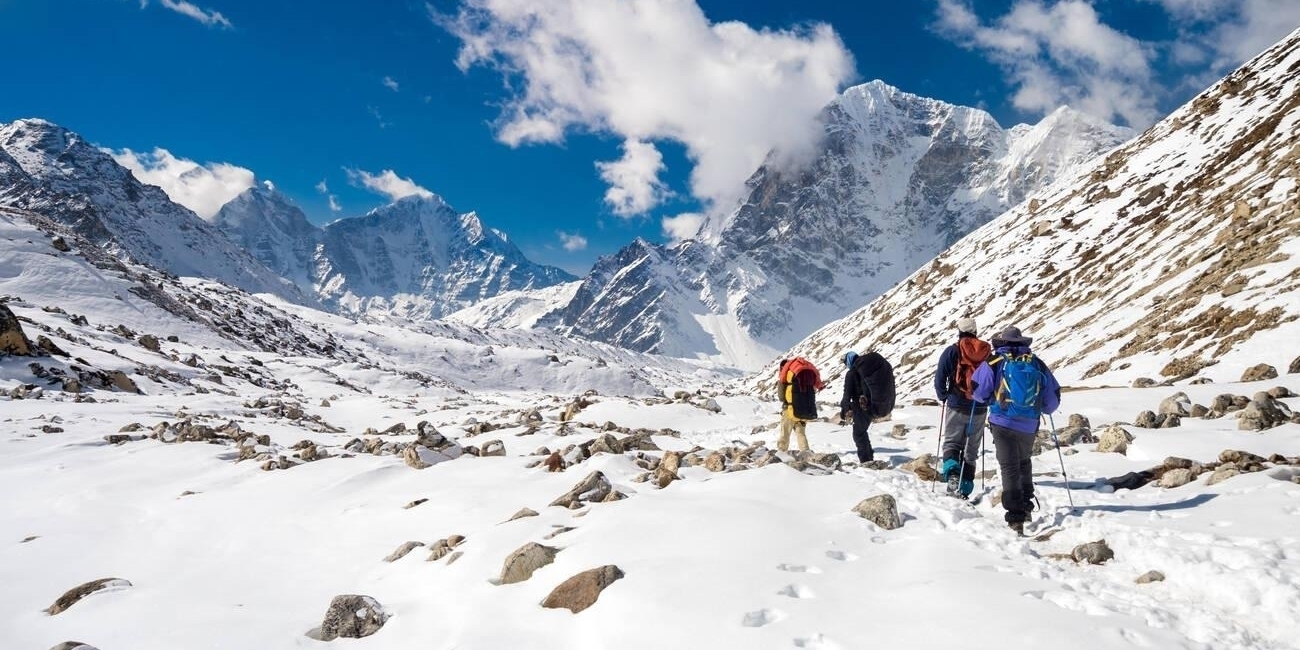
The Everest Region, renowned for its breathtaking landscapes and rich Sherpa culture, offers some of the most iconic trekking routes in the world. One...
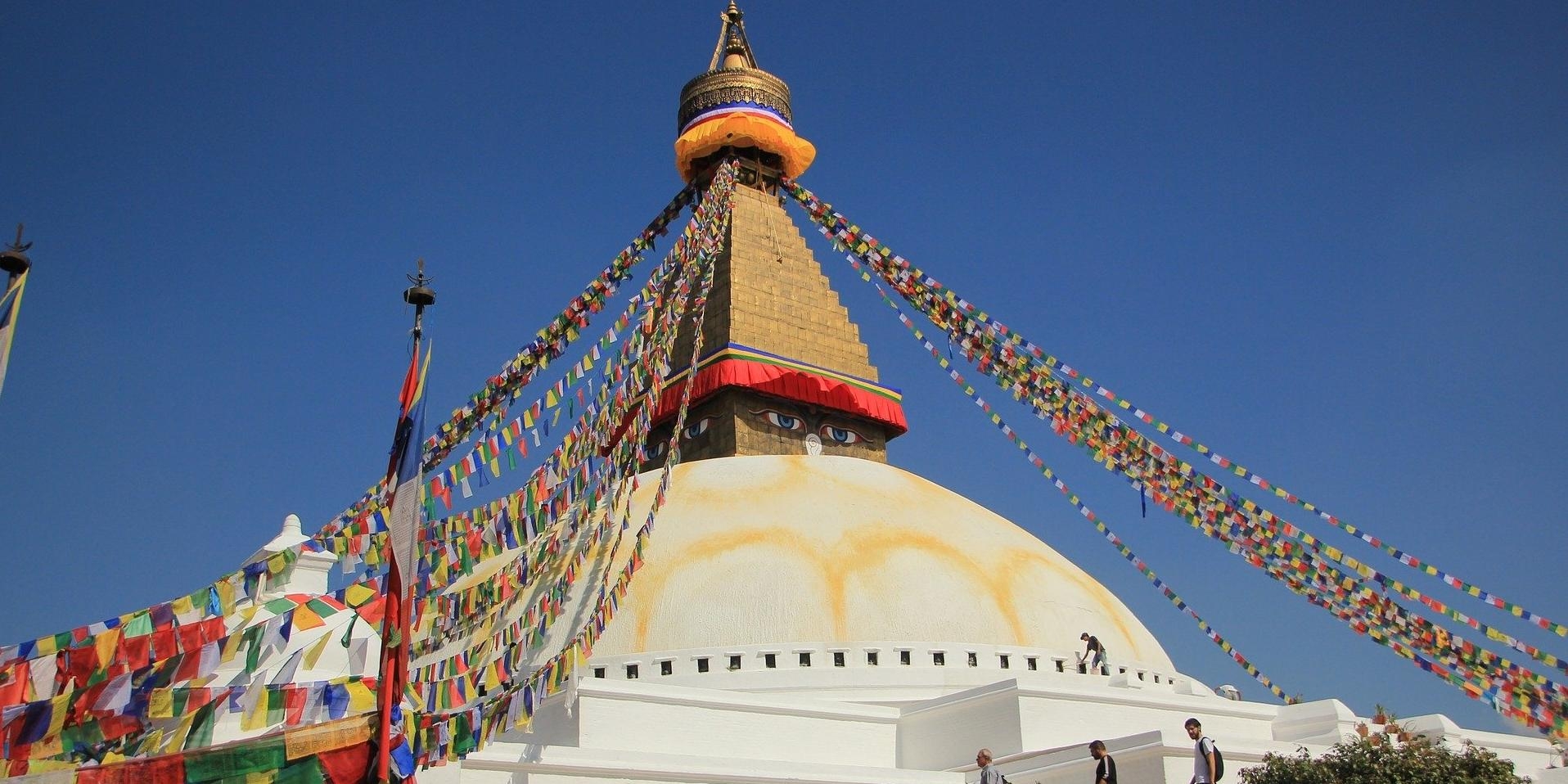
Nepal, a land of stunning landscapes and rich cultural heritage, offers a diverse range of tour destinations that promise unforgettable experiences in...
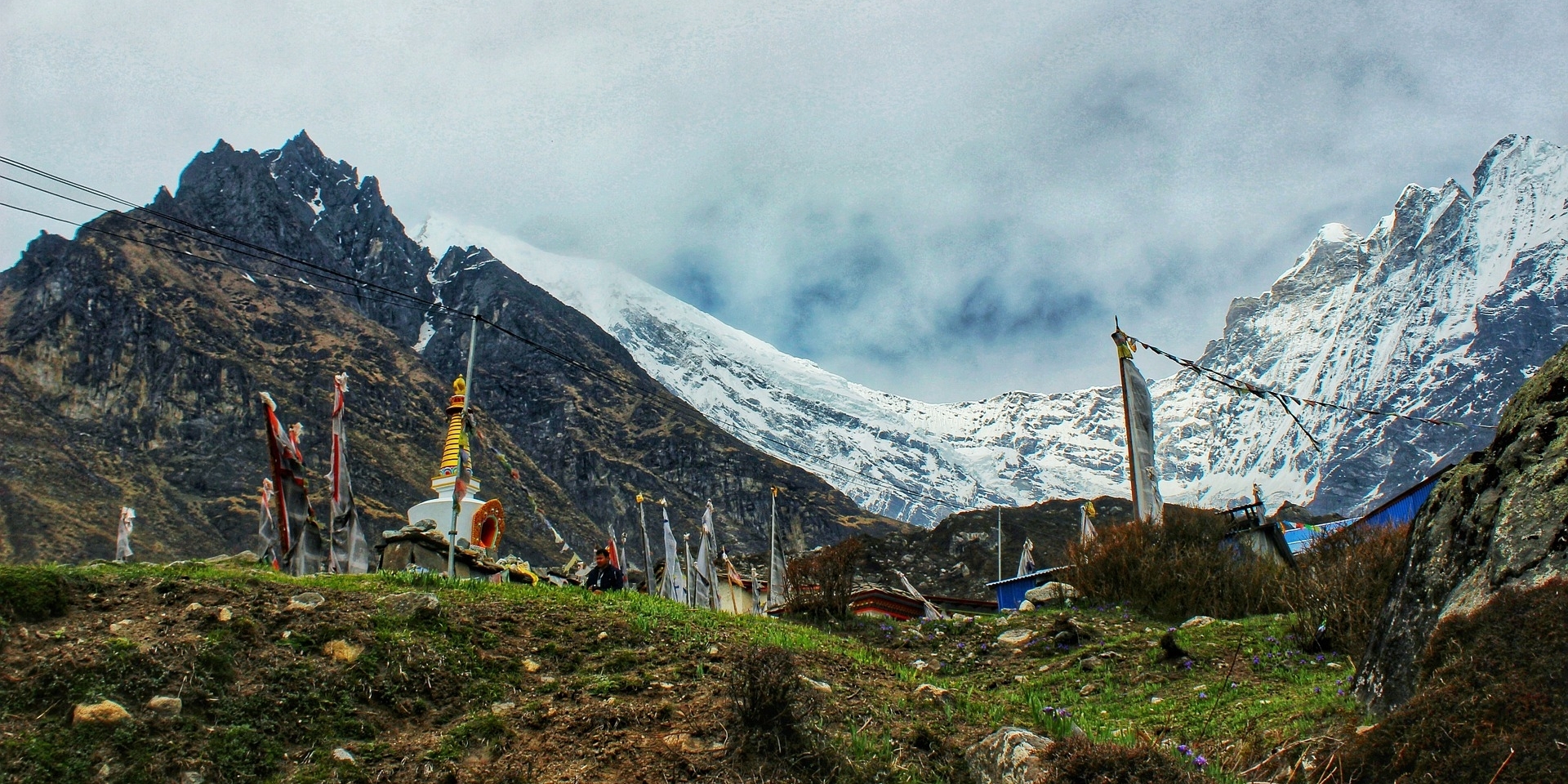
The Langtang Region, located in the northern part of Nepal, is a stunning trekking destination that offers breathtaking views, diverse landscapes, and...
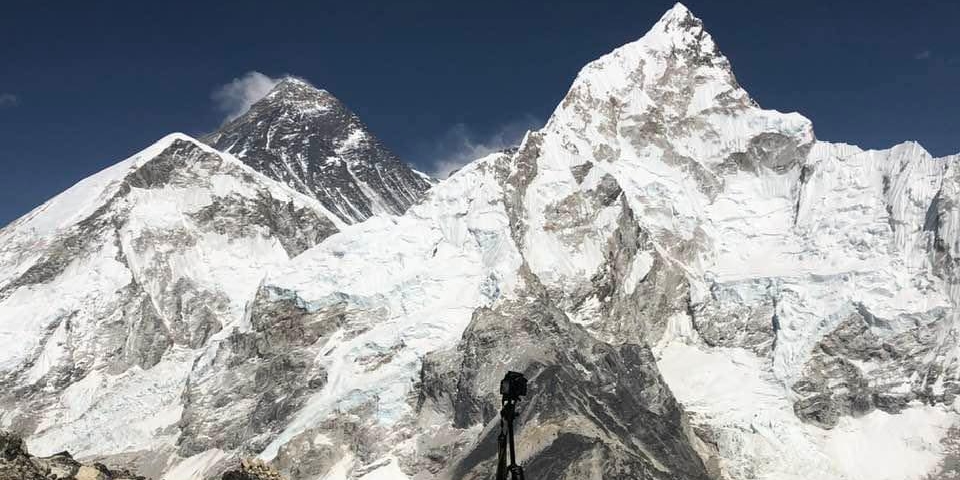
Discover why Everest Base Camp Trekking is the world’s top adventure trekking—breathtaking views, Sherpa culture, and a life-changing Himalayan journ...
